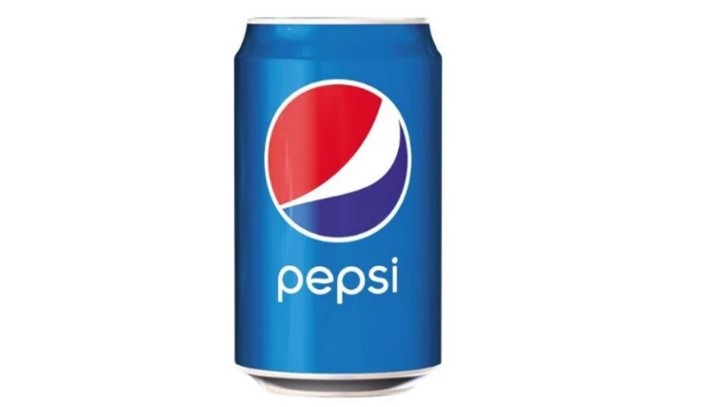The French supermarket chain Carrefour has made a radical decision to stop selling Pepsico products. This action is due to the recent increase in product prices, which has led Carrefour to take a firm stance against this company.
The reason is none other than the complaint made by the French company about an unacceptable price increase by the manufacturer. Brands affected by this ban include Lay’s, Doritos, 7up, Lipton, Alvalle, Quaker and Bénénuts.
By means of this exemplary maneuver, the French brand wishes to set the tone for future negotiations between distributors and suppliers, while publicly pointing the finger at the multinational as one of those responsible for inflation. This is not the first time; Carrefour has already accused Pepsico and other companies of engaging in ‘reduflation’.
The decision to veto Pepsico will have an impact on brands such as Lay’s, Bénuts, Pepsi, Quaker, Doritos, Avale, Lipton and 7up. These trademarks will be affected by the ban imposed on the company in question.
At the beginning of 2024, French distributors have expressed their dissatisfaction with the industrialists more intensely. Reducflation is an economic phenomenon in which products are reduced in size or quantity, while their prices remain the same or even increase. This effect is a response to the increase in the general price level of goods, expressed per unit of weight or volume, due to multiple factors, mainly the loss of purchasing power of the currency, the fall in consumers’ purchasing power and/or the increase in the cost of inputs.
The term arises from the union of “inflation” and “reduction” and does not exclusively affect food, but has also been observed in hygiene and drugstore goods. Some manufacturers have decreased the quantity included in their packaging, but have maintained the price or even increased it.
It is a legal and increasingly widespread practice that goes unnoticed by many consumers. However, it can have a significant impact on the cost of living, as consumers end up paying more for less.
For the time being, Carrefour’s strategy is the result of the strong and intimidating discourse that its president, Alexandre Bompard, has used on several occasions to refer to multinational companies and manufacturers, whom he blames for inflation.








